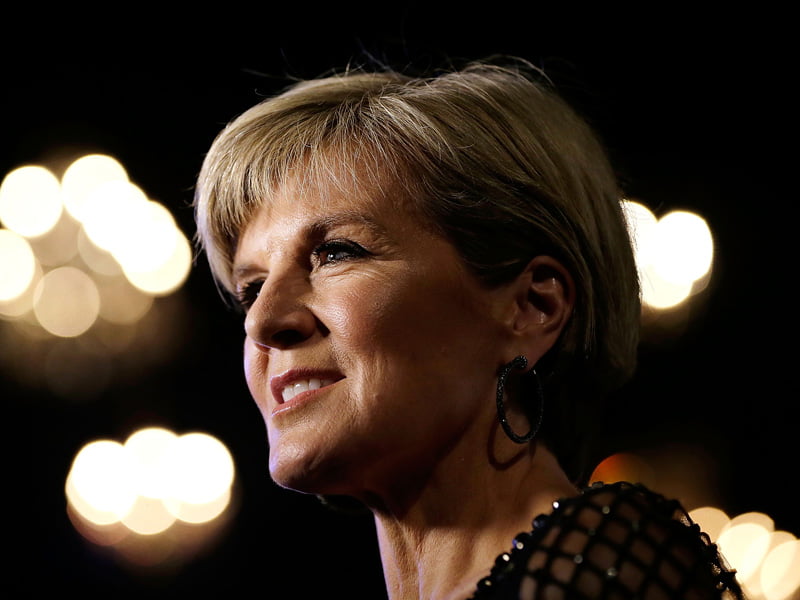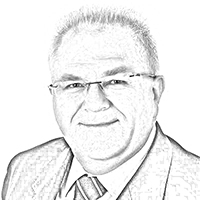Foreign Affairs Minister Julie Bishop and Communications Minister Mitch Fifield have announced that Australia will seek re-election to the International Telecommunications Union (ITU) Council later this year.
If Australia is re-elected it will continue its ongoing membership of the ITU Council, having been first elected to the ITU Council in 1959.
Australia’s support and direct involvement with the ITU and its predecessor dates back to 1878 and membership of the ITU Council has been an important goal for successive Australian governments.

Australia received an award from the ITU last November for “our substantial contribution to the development work” at the organisation.
Australia was the only UN member state to receive an award for its ongoing contribution to a “diverse range of development activities, including improving spectrum management, building capacity to address cybersecurity challenges, improving Information and Communication Technologies (ICT) access and bridging the digital divide.”
The ITU is the United Nations specialised agency for information and communications technology (ICT). It allocates global radio spectrum and satellite orbits, develops the technical standards that ensure networks and technologies seamlessly interconnect, and strives to improve access to technology in underserved communities worldwide.
The organisation is unique amongst UN agencies because it has both public and private sector membership. It is made up of the 193 Member States, tech regulators, many leading academic institutions and some 700 tech companies.
The ITU is governed by the Plenipotentiary Conference and the Administrative Council. The conference is the overarching decision making body which determines the direction of the ITU and its future activities.
The next conference will be held in Dubai from 29 October.
A key goal of Australia’s continuing membership of the ITU Council is to work to ensure that global ICT standards foster improved cyber security and access to technology for consumers, business and industry. It provides an extension of Australian influence.
The global telecommunications markets are not yet fully harmonised in the allocation of key resources such as spectrum for key systems, including mobile cellular.
Australia has consistently worked to ensure that Region 5 harmonises primarily with Region A: The Americas, and Region B: Western Europe and to a lesser extent with Region C: Eastern Europe and Northern Asia.
Outstanding harmonisation issues remain globally with Region D: Africa, and it is a challenge for the ITU to bring this region into line with the others.
For Australia, the government decision to seek re-election to the ITU Council is an important step to ensure that Australia has a seat at the tech table, for the future of jobs and growth is the global digital economy.
Seeking re-election to the ITU Council is a positive step that should ensure that Australia retains an ability to directly affect future global ICT decision making at the ITU.
Dr Mark Gregory is an Associate Professor in the School of Engineering at RMIT University and is the Managing Editor of the Australian Journal for Telecommunications and the Digital Economy.
Do you know more? Contact James Riley via Email.

